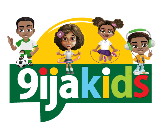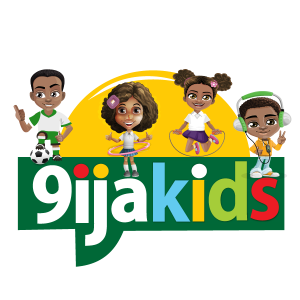Back in my primary school days, one of my best topics was Science. After class that day, my teacher asked us a question. She described a scenario whereby a potted plant was kept in a dark cupboard for several days. On bringing out the plant, it was discovered that the plant had withered and died.
She then asked us “Why did this happen?”.
She didn’t stop at asking us only simple questions like “what is photosynthesis?” She asked us higher-order questions – questions that helped us apply what we learned – that helped us think critically.
Looking back, I realized that this was one of my best teachers.
She didn’t just teach, she strived to develop our critical thinking skills using open-ended questions and real-life situations.
Critical thinking is the ability to break down, analyze, evaluate information and come up with solutions/ conclusions or hypotheses.
Critical thinking is one of the major skills every 21st-century child MUST have. It is not enough to know definitions and name part, you must know how to apply and use information.
Here are 6 ways to develop critical thinking skills in children:
- Ask them open-ended questions
It is important to ask your students open-ended questions as this requires them to build on their previous knowledge and apply what they have learned. Some open-ended questions include “Have you met anyone that reminds you of the character you read about in the story?”, “What do you think is happening here”, “Tell me why you think that? ” “What do you think will happen next?”, etc. Open-ended questions show they understand what they have heard/read or learned.
2. Ask them the “four whys”
The “four” whys is a technique used to explore the root cause of a particular problem by repeating the question “Why?” four times. Each answer forms the basis of the next question. Asking a child why encourages them to think critically in order to analyze and evaluate possible causes of a problem.
For instance, after teaching your students about evaporation, you can describe a scenario whereby a man puts a glass of water outside on a sunny day, after a few hours the man came back and discovered that the glass of water had reduced by half. Ask them why do they think this happened? After their answer, ask “why?” again?
3. Use word problems
Critical thinking is developed when children are able to apply what they have been taught to solve real-life problems. For instance, after a lesson on division, you can start by asking a simple question: 20 divided by 5. However, critical thinking kicks in when you can ask them a word problem – “If I have 20 apples and I share it equally amongst 5 children, how many apples will each child get”. This challenges them to apply their knowledge of division to solve a real-life situation
4. Summarize lessons and stories
Having your children summarize a story or a particular lesson taught to them is another way to help them develop critical thinking skills. It requires them to determine the main idea and important points in the lesson or story. This will help them remember what they have read or have been taught and also improve their comprehension skills. By doing this exercise, you can see what they understand and what they don’t understand in each lesson you teach or chapters of books they have read.
5. Learn coding
Coding involves breaking down goals into smaller tasks. It also requires the Programmer to solve challenges with his code when it doesn’t work – debug the code. Debugging helps children develop critical thinking. Children who learn to code understand how to plan and organize thoughts. As they learn to code, they learn to analyze, evaluate and proffer solutions.
6. Solve riddles and puzzles
Solving riddles and puzzles help children to think critically. Riddles and puzzles require that a child can identify a pattern, evaluate information and apply their understanding to solve problems. Children that are very good with puzzles usually are very good at problem-solving and critical thinking.
So how are you going to help your child develop a CRITICAL 21st Century skill? 9ijakids has developed a puzzle activity book made up of fun, colourful and engaging puzzles and activities to help children develop critical thinking skills
Order any of our activity books on Coding, Financial Literacy, Nigeria and Bible. Click here to order yours or call 09033854783


